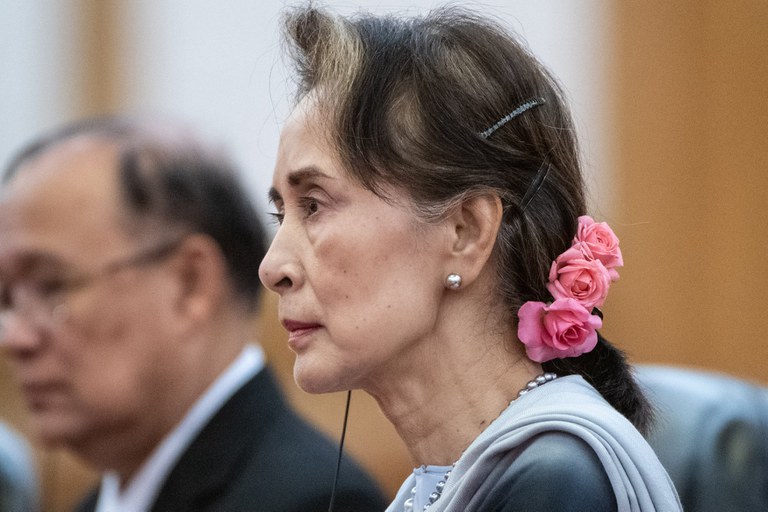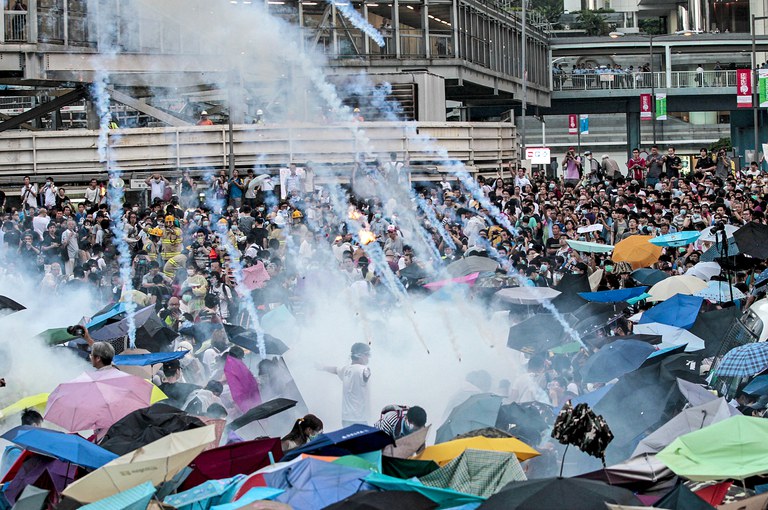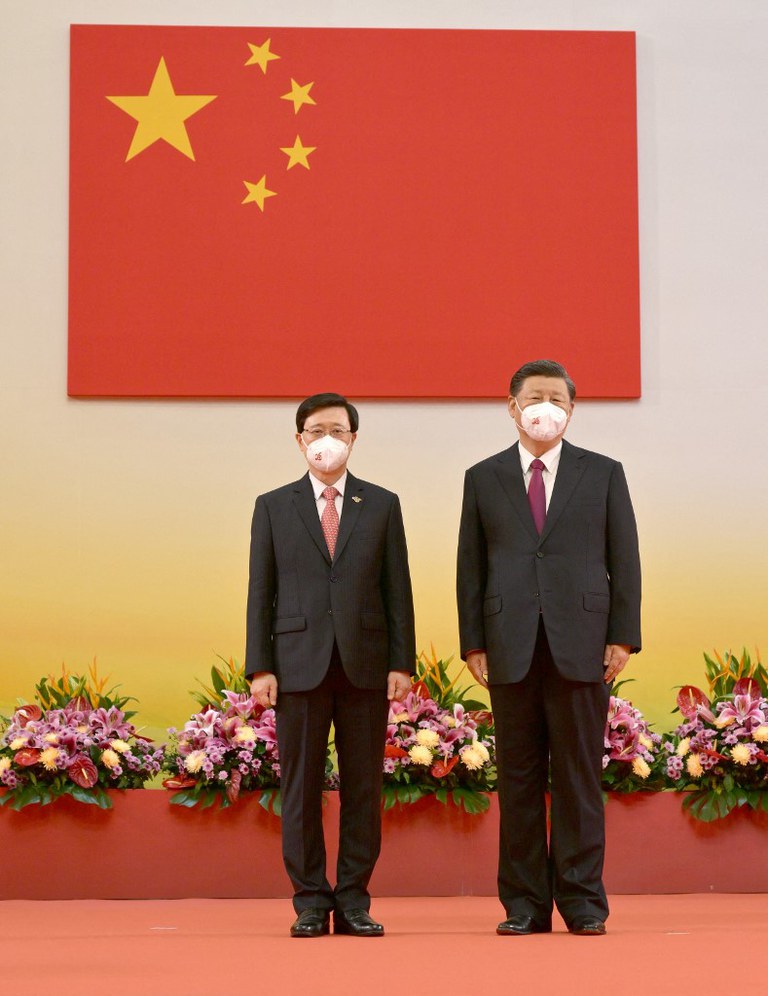Police soon to wrap up investigation into Vietnamese Facebooker
A police probe into a well-known Vietnamese Facebook user will end soon with Bui Van Thuan facing anti-state propaganda charges. The case is being investigated by the Security Investigation Agency of Thanh Hoa provincial police who said they would charge him under Article 117 of the Criminal Code “Making, storing, spreading information, materials, items for the purpose of opposing the State of Socialist Republic of Vietnam.” If convicted he faces a sentence of five to 12 years. Two police investigators, Le Hong Ky and Mai Van Tinh, spoke to the political blogger’s wife on Tuesday morning according to a summons sent the previous day. Before his arrest in August last year, Bui Van Thuan was well known as a daily compiler of Vietnamese political news. His posts featured many of the political struggles going on between provincial officials, which he nicknamed the “dog fighting ring.” Thuan’s wife went to the Thanh Hoa Police station for two hours on Tuesday morning, during which the police told her that her husband would soon have his day in court. “They said that Thuan’s case is about to be finished with investigations nearly complete and they will bring him to trial this year,” she said. “They told me Thuan asked the police to return to me some belongings unrelated to the case [confiscated during a house search]. They said they would return them but I should pick them up another day.” Nhung told RFA the main reason she was summoned to the police station was to discuss posts she made on her Facebook page and that of her husband. The two investigators said she should not have posted the letter of summons and should not have posted the content of the meeting with security officers on Facebook because it was against the rules. Nhung said the two officers told her they were aware of her meetings with friends of her husband and wives of prisoners of conscience. Thuan was arrested on August 30, 2021, just days after the visit of US Vice President Kamala Harris to Hanoi. He has been kept in solitary confinement in a single room since then, unable to meet relatives and lawyers. His wife says Thuan’s health has deteriorated as a result of his detention. “In March, I received a letter from Thuan that had been written by the police,” she said. “It said his health was fine with the exception of pain in his legs but the medicine provided by the detention facility is not very effective. I asked to be allowed to provide some medicine but the police refused saying that the medicine provided by prison clinics should be sufficient.” Nhung said she bought liver and eye tonics to send to her husband, but the police did not allow it, saying a doctor’s prescription was needed in order to send medicine to a prisoner. She added that the police only allowed her to send food worth no more than VND60,000 (U.S.$2.70) on each visit, up to a maximum of three times a month. However, she was given a deposit of about VND1.6 million (U.S.68) per month so her husband could buy food and other essentials from the prison canteen. This is the second time Thanh Hoa police have summoned Nhung for interrogation related to her husband but the latest document, dated July 4, said it was the first summons. On March 17, during the first summons, the police threatened Nhung over her actions to defend her husband and told her she could be arrested at any time if she did not cooperate with the investigation into her husband’s activities. She was also asked repeatedly to confirm details of Thuan’s and her own Facebook accounts. Bui Van Thuan was born in 1981, and is an ethnic Muong. He graduated from Hanoi National University of Education and worked as a chemistry teacher for a while, before becoming a famous Facebooker in Vietnam with the nickname “Old Father of the Nation,” a reference to political propaganda which refers to Ho Chi Minh as the father of the nation.





